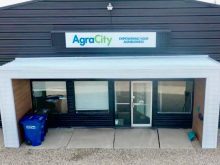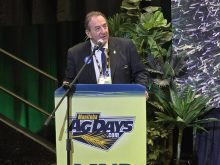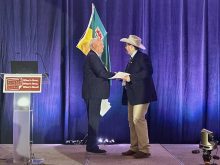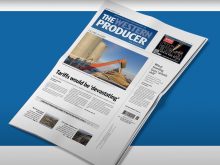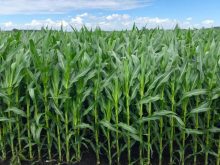Canola tolerant to dicamba herbicides, and wheat varieties tolerant to herbicides and stresses, have moved to the first phase in seed and chemical firm Monsanto’s research pipeline. Monsanto recently released updates on nine separate projects, confirming both wheat and dicamba- tolerant canola were now at “Phase 1,” also called the “proof-of- concept” phase. In Phase 1, which generally lasts a year to two years, thousands of candidate varieties are tested and the probability of success sits at about 25 per cent, according to the company.
Wheat has “historically seen a lack of investment in technology compared to other crops,” according to Monsanto, whose purchase of the WestBred brand in 2009 led to its renewed interest in the crop. The company also expanded its research collaborations with BASF during 2010 to include wheat along with their work on canola, corn, soybeans and cotton.
Read Also
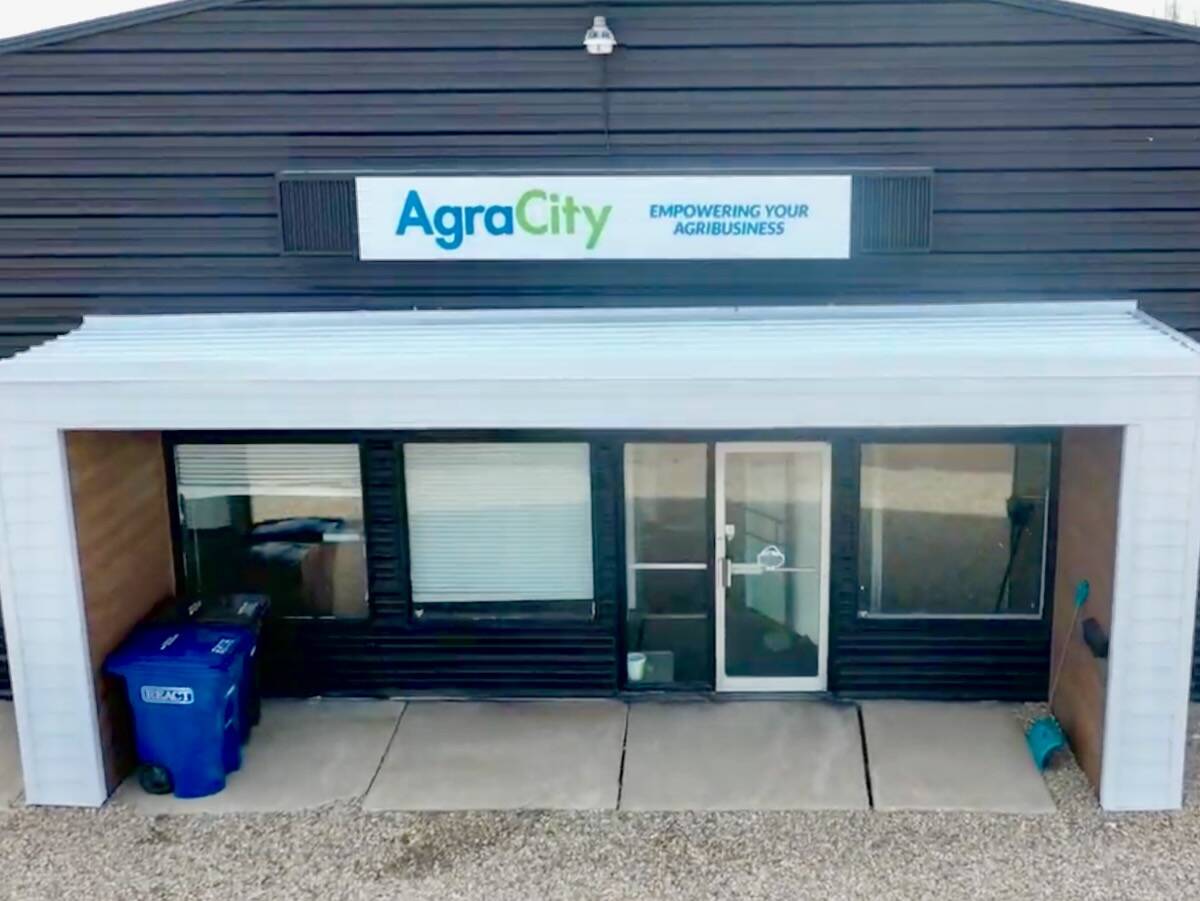
AgraCity’s farmer customers still seek compensation
Prairie farmers owed product by AgraCity are now sharing their experiences with the crop input provider as they await some sort of resolution to the company’s woes.
Traits for higher yield and stress resistance would be stacked with herbicide-tolerance traits to offer “multiple modes” of weed control as well as “better” yield potential under conditions of “average” plant stress.
Meanwhile, the company’s work on dicamba tolerance in canola aims to stack that trait with its Roundup Ready glyphosate tolerance, as a way to “enhance the flexibility” for weed control options for canola growers.
Dicamba, marketed by BASF as Banvel II and by UAP and Provide Agro as Oracle, is a Group 4 product currently used in cereals, field corn and canaryseed, among other crops. Dicamba-tolerant soybeans now sit at Phase 4 (pre-launch) in the company’s pipeline. In Phase 2, which also generally lasts a year to two years, the field is narrowed to “tens” of candidate varieties and the probability of success sits at about 50 per cent. In the pre-launch Phase 4, the company looks to build up seed stock of a successful variety and file for regulatory approvals, with a success rate of around 90 per cent.
Where possible, Winnipegbased Monsanto Canada looks to co-ordinate regulatory approval with its U.S. parent on products suitable for the Canadian market.
The timing of the release of such products in Canada would also depend on “commercial business decisions” about which products make sense for the Canadian marketplace, a company spokesperson says.


